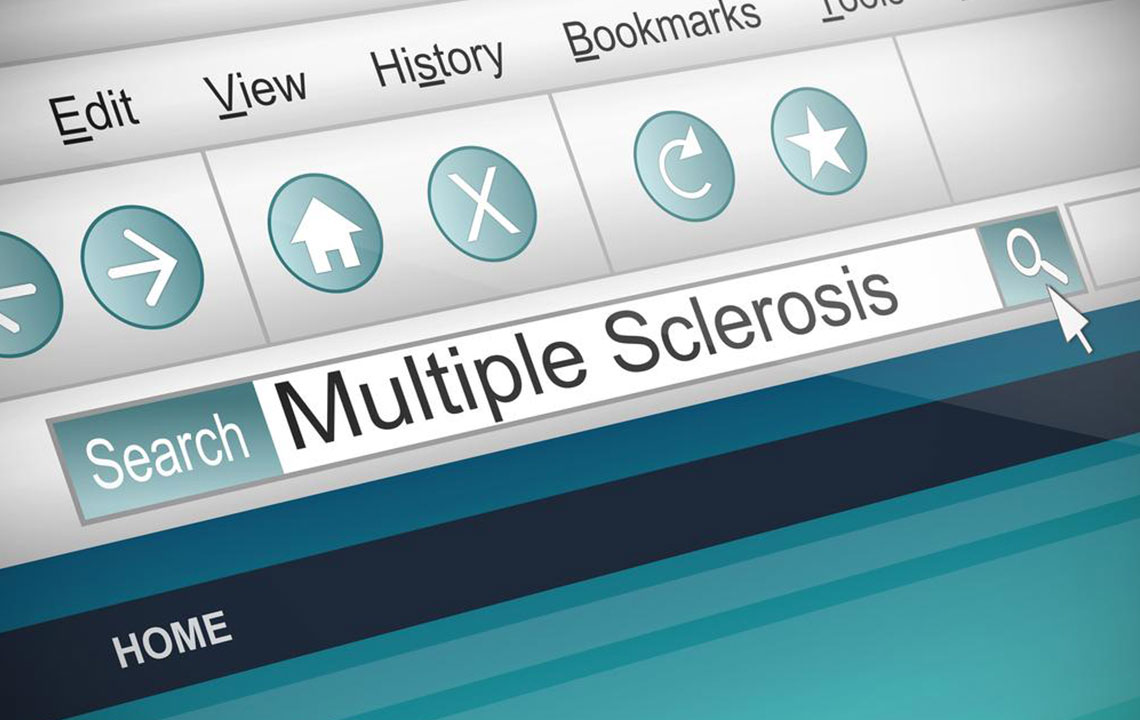Comprehensive Guide to Effective Nerve Pain Management Strategies
This comprehensive guide explores the top strategies for managing nerve pain effectively. It covers medical treatments, lifestyle changes, and alternative therapies to help individuals alleviate discomfort and improve their quality of life. Personalized approaches are emphasized, along with the importance of consulting healthcare professionals for optimal results.

Comprehensive Guide to Effective Nerve Pain Management Strategies
Nerve-related discomforts in areas such as the legs, back, or extremities often go unnoticed initially, but as they intensify, they can severely impact daily life. Persistent or intense nerve pain demands prompt and effective management. Neuropathic pain stems from nerve damage or malfunction, causing faulty signal transmission that results in chronic, often debilitating discomfort. Activities that were once routine, like typing, walking, or tying shoes, can become painful or difficult due to numbness, burning, or tingling sensations. While some individuals experience mild irritation, others face severe impairment that diminishes their quality of life and hampers their ability to perform basic daily functions.
This kind of nerve discomfort can be linked to various underlying health conditions including shingles, diabetes mellitus, strokes, hormonal imbalances, or autoimmune disorders. The sensation of nerve pain can be described as burning, electric shocks, prickling, or stabbing sensations, often accompanied by emotional and psychological challenges such as anxiety, depression, and sleep disturbances. In extreme cases, nerve damage can lead to paralysis, impair vital functions like breathing or digestion, and significantly diminish overall health.
Given the variety of causes behind nerve pain, treatment plans must be personalized to address both the underlying causes and alleviate current symptoms. Healthcare providers focus on accurate diagnosis, which involves comprehensive examinations, medical history review, and possibly imaging or nerve conduction studies. Once the root cause is identified, an individualized treatment approach can be developed. Effective management combines medication, lifestyle modifications, and complementary therapies to improve patient outcomes. Here are some of the most widely used and proven nerve pain management strategies:
Anticonvulsant Medications - Originally developed for epilepsy, anticonvulsants like gabapentin and pregabalin are also highly effective in reducing nerve pain by stabilizing nerve activity. They are often prescribed alongside antidepressants for enhanced pain control, especially in cases of diabetic neuropathy or postherpetic neuralgia. It’s crucial to consult a healthcare provider before starting these medications due to potential side effects and interactions.
Topical Treatments - Creams, patches, and gels containing capsaicin or lidocaine are applied directly to affected skin areas. These topical remedies can provide localized relief by numbing nerve endings, reducing pain, and minimizing systemic side effects. They are especially beneficial for pinpointed pain regions such as hands, feet, or facial areas affected by nerve discomfort.
Pain Relievers and Antidepressants - For severe nerve pain, physicians often recommend oral analgesics, including nonsteroidal anti-inflammatory drugs (NSAIDs), opioid analgesics (used cautiously), or antidepressant medications like amitriptyline and nortriptyline. These help modulate nerve signals and can also improve mood disorders associated with chronic pain. However, long-term use of opioids carries risks and should be carefully monitored.
Electrical Nerve Stimulation Therapies - Techniques such as Transcutaneous Electrical Nerve Stimulation (TENS) or Repetitive Transcranial Magnetic Stimulation (RTMS) deliver painless electrical impulses to nerves. These methods disrupt pain signals, providing noninvasive pain relief. TENS units are portable and can be used at home under medical guidance, offering a valuable adjunct to medication-based treatments.
Alternative and Complementary Therapies - Approaches like acupuncture, massage therapy, meditation, and dietary supplements (such as vitamin B12 or alpha-lipoic acid) can help reduce nerve pain symptoms. These therapies should always be discussed with a healthcare professional to ensure safety and compatibility with existing treatment plans.
Surgical and Interventional Procedures - In cases where conservative treatments fail, procedures like nerve blocks, decompression surgeries, or nerve ablative techniques may be considered. These interventions aim to disable or repair damaged nerves, offering relief in severe cases of neuropathy or nerve compression.
In addition to medical interventions, lifestyle modifications play an essential role in managing nerve pain. Regular physical activity tailored to individual capacity can strengthen muscles, improve circulation, and reduce pain episodes. Avoiding smoking and excessive alcohol consumption supports nerve health. Stress management techniques, including mindfulness, yoga, or relaxation exercises, help mitigate emotional stress that can exacerbate pain perception. Maintaining a balanced diet rich in vitamins, especially B-complex vitamins, antioxidants, and anti-inflammatory foods, supports nerve repair and overall health.
Holistic care emphasizes not only treating symptoms but also addressing the lifestyle factors that contribute to nerve health. Consistent adherence to prescribed therapies, lifestyle adjustments, and ongoing medical supervision significantly enhance the chances of reducing nerve pain and improving life quality over time. Patients experiencing persistent nerve pain should seek specialized medical care to develop a tailored treatment plan suited to their specific condition, ensuring the best outcomes and minimizing potential complications.





